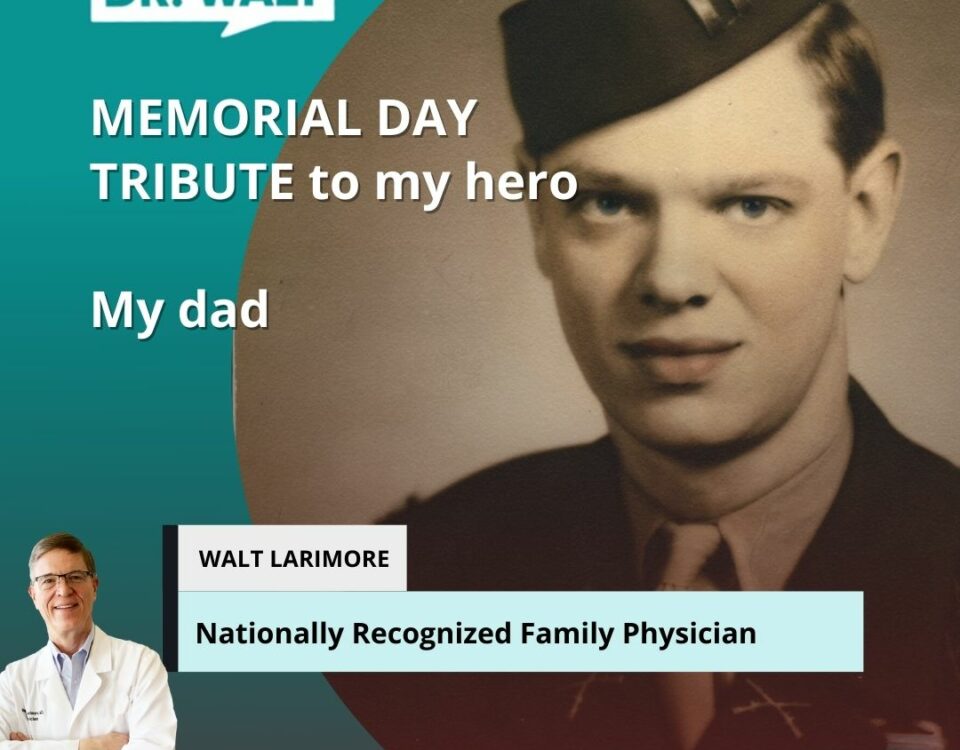
August 16, 1944 – D-Day +1 in southern France
August 16, 2024
August 18, 1944 – D-Day +3 in southern France
August 18, 2024With the German Army in panicked retreat, Phil and his battalion moved almost continuously. They were spurred on by Major General Lucian K. Truscott, who commanded the U.S. Army’s VI Corps and told his troops, “If you run out of gas, park your vehicles and move on foot.” It was as if Phil and his warhorses were in a horse race, relentlessly overrunning German roadblocks and defensive stands designed to give the Nazi soldiers some breathing room.[1]

The tables had been turned. Whenever the Americans climbed a hill and found a column of German vehicles in retreat passing by below them, someone would yell out, “Remember Anzio!” and open fire. One time, a 3rd Division artillery battery wiped out 222 German vehicles during a three-hour barrage.
After their slow battering for months in Italy, Phil and his men experienced great exhilaration as they advanced through the Provence region.
There’s nothing better than progress for a foot soldier, he thought, because each mile they liberated was another mile closer to going home.
What Phil couldn’t understand was the enemy’s varied reactions when the Americans arrived. In one town, a thousand German soldiers would surrender, while in another, handfuls of holdouts would fight like wildcats to slow the offensive.[2]
~~~~~
The 30th Regiment continued to break the enemy’s resistance, liberating dozens of towns during the next two days. Overjoyed French people, unaccustomed to freedom after four years of cruel Nazi oppression, jubilantly threw flowers, bestowed kisses, handed out cups of water, and freely gave swigs of their precious wine and potent liqueurs such as Calvados, Chartreuse, and Cognac.
Driving into these picturesque villages didn’t get old for Phil. Being greeted so warmly made it difficult for him to hold back tears of emotion. He and his men felt like heroes and conquerors. These were days of happiness. Up to this point, Phil’s war had been filthy, fearsome, and unfashionable. Now, in an instant, it was glorious.
An embedded reporter with Phil’s 3rd Battalion wrote an article titled, “Daring Tennesseans Give Germans Fright.” He filed this report:
Nazis in the southern France area rapidly learned to fear the daring antics of two Army officers from the Volunteer State.
Lieut. Ross W. Calvert of Nashville and Lieut. Philip B. Larimore of Memphis both are noted for their wild stunts.
For example, their battalion was approaching a small French Riviera town recently when Lieutenant Calvert dashed into town, mowed down three Germans with a brand-new Tommy gun,ii and ran after another to take him prisoner.
He chased the Jerry three blocks while GIs wildly cheered the race. Friends report a grin as long as Tennessee broke across his face as he paraded back with his prisoner.
Lieutenant Larimore, meanwhile, was driving down the road when he discovered old dirt piles. A few jabs with a knife proved they were mines.
He defused and picked out twenty of the traps and had the roadway cleared before his buddy returned with the prisoner.
There was also the dark side of liberation. Phil couldn’t help but notice how Nazi soldiers had ransacked cities and towns during their retreats. French women who had consorted with German soldiers—known as “horizontal collaborators”—were paraded into town squares, sometimes naked, and shorn of their hair and then beaten. Some were lined up against a stone wall and summarily executed.
The GIs were learning that the German military utterly devastated or obliterated hundreds of European cities, villages, and farming communities as well as transportation infrastructure during their retreats. For Phil, the sight of ruined farms, razed hamlets, and buzz-cut women lying on the ground with a bullet in their heads was too gruesome to write about in letters home.[3]
[1] Larimore, At First Light, 125.
[2] Ibid, 122-123
[3] Ibid, 125-127
In case you haven’t read or listened to Dad’s book, you can learn more or order it here.
© Copyright WLL, INC. 2024.


